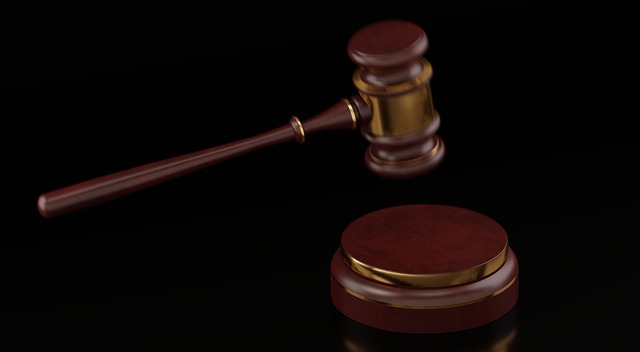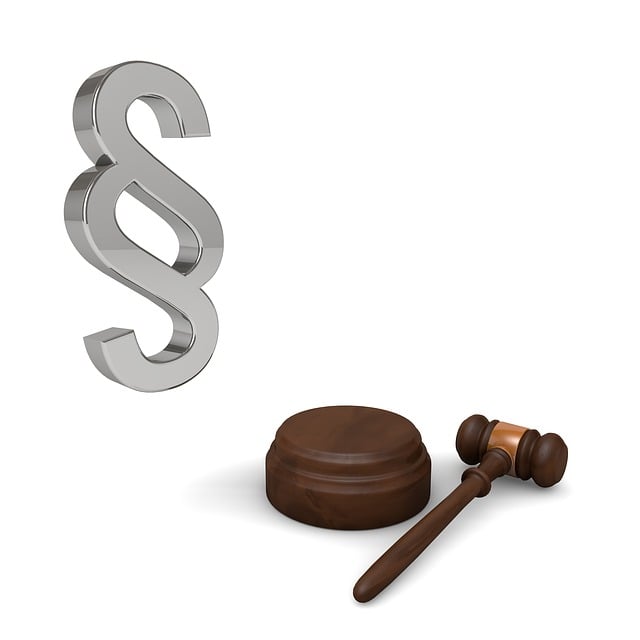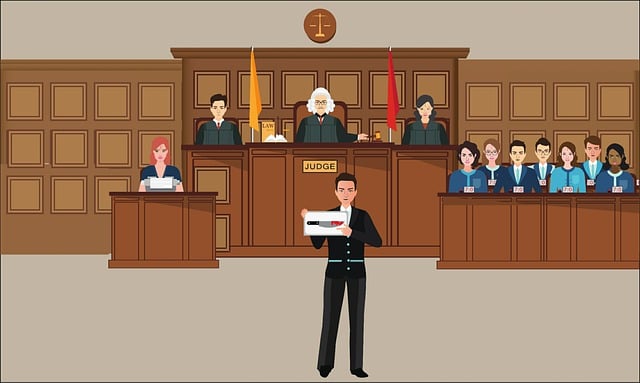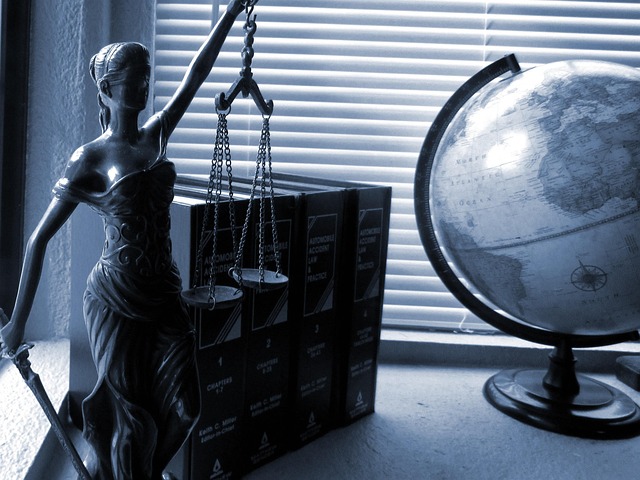Understanding consumer rights in civil litigation is a powerful tool against fraud, empowering individuals to protect themselves from misleading practices and seek compensation. By leveraging legal rights, consumers can hold businesses accountable through evidence-based lawsuits, facilitated by skilled attorneys. Regulatory fraud laws, enforced by diverse agencies, aim to safeguard consumers and uphold market integrity, with successful prosecution thanks to adaptable expertise. Preventative measures include understanding consumer rights, business transparency, compliance training, and regular audits, deterring fraudulent activities and providing fair avenues for redress.
In an era where consumer trust is paramount, understanding regulatory fraud laws is crucial. This article delves into key aspects of civil litigation regarding fraud, including consumer protection rights and the roles of enforcing agencies. We explore the process of uncovering fraud, empowering consumers with knowledge about their rights, and highlighting preventative measures to safeguard personal information in today’s digital landscape. By examining these components, we aim to offer a comprehensive guide for navigating and strengthening defenses against fraudulent practices.
- Consumer Protection: An Overview of Rights
- Uncovering Fraud: Civil Litigation Process
- Enforcement Powers: Agencies and Their Roles
- Preventative Measures: Safeguarding Consumers
Consumer Protection: An Overview of Rights
Understanding Consumer Rights in Civil Litigation plays a pivotal role in safeguarding individuals from fraudulent practices and ensuring fair treatment in various transactions. In many jurisdictions, consumer protection laws grant consumers specific rights when dealing with businesses, allowing them to take legal action if they feel aggrieved. These rights encompass a range of protections, including the right to accurate product information, transparent pricing, and safe, reliable services.
When navigating civil litigation related to regulatory fraud, consumers can leverage these rights as a defense mechanism. By knowing their entitlements, individuals can challenge false or misleading advertising, unfair business practices, and potential scams, aiming for either a settlement that compensates them for any losses incurred or, in extreme cases, the complete dismissal of all charges against them, thereby avoiding indictment. This process empowers consumers to protect themselves while holding respective businesses accountable for their actions.
Uncovering Fraud: Civil Litigation Process
Uncovering fraud is a complex process that often requires meticulous investigation and robust legal strategies. In civil litigation regarding regulatory fraud, understanding consumer rights is paramount. When individuals or entities suspect fraudulent activities, they can initiate legal action by filing a lawsuit against the perceived wrongdoers. This typically involves presenting evidence to a court, which may include financial records, expert testimonies, and other relevant documentation. The goal is to demonstrate beyond a reasonable doubt that fraud occurred, thereby protecting consumer rights and ensuring accountability.
The civil litigation process plays a crucial role in holding accountable those who engage in white-collar crimes. Through jury trials, victims have an opportunity to present their cases and seek justice. Skilled attorneys dedicated to their clients’ interests navigate this intricate landscape, ensuring that the rights of consumers are not only protected but also upheld. This comprehensive approach underscores the importance of a robust legal system in combating regulatory fraud effectively.
Enforcement Powers: Agencies and Their Roles
Regulatory fraud laws are enforced by various agencies, each with distinct roles, designed to protect consumers and maintain market integrity. These agencies possess a range of powerful tools to investigate and penalize offenders, including subpoena powers, search warrants, and the ability to compel testimony. Their actions often set the stage for civil litigation, where individuals can seek redress through jury trials in high-stakes cases. Understanding consumer rights within this framework is crucial, as it ensures that businesses operate ethically while empowering consumers to hold them accountable.
The enforcement landscape has evolved with an unprecedented track record of success in prosecuting fraud, reflecting the agencies’ adaptability and expertise. This robust system not only deters fraudulent activities but also serves as a beacon of justice for those harmed, offering a fair chance to seek compensation through civil proceedings.
Preventative Measures: Safeguarding Consumers
Preventative measures are a cornerstone in combating regulatory fraud, especially when it comes to safeguarding consumers in civil litigation. Understanding consumer rights is key; businesses must be transparent and adhere to relevant laws and regulations. By implementing robust internal controls, conducting thorough due diligence on third-party partners, and fostering a culture of ethical conduct, companies can significantly mitigate the risk of engaging in fraudulent activities. These proactive strategies not only protect consumers but also foster trust and achieve extraordinary results for respective businesses, ensuring they operate within legal boundaries.
Moreover, staying informed about evolving regulatory landscapes is vital. High-stakes cases often arise from noncompliance or intentional deception, highlighting the importance of continuous learning and adaptation. Regular training sessions, up-to-date policy manuals, and independent audits can serve as effective tools to maintain compliance, prevent errors, and safeguard consumer rights in civil litigation.
Understanding consumer rights in civil litigation is paramount in navigating regulatory fraud laws. By familiarizing oneself with the civil litigation process, enforcement agencies’ roles, and preventative measures, consumers can better protect themselves against fraudulent practices. Empowered with knowledge, individuals can actively participate in safeguarding their rights and contribute to a fairer marketplace.






